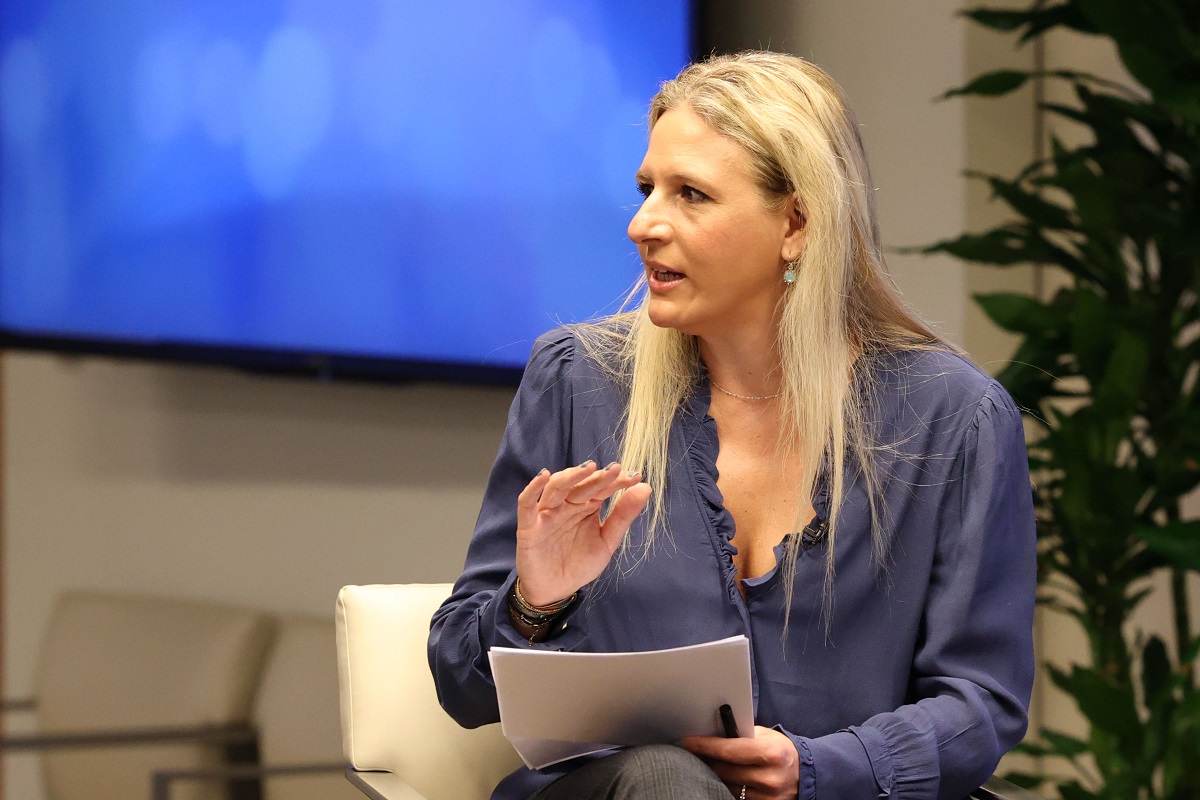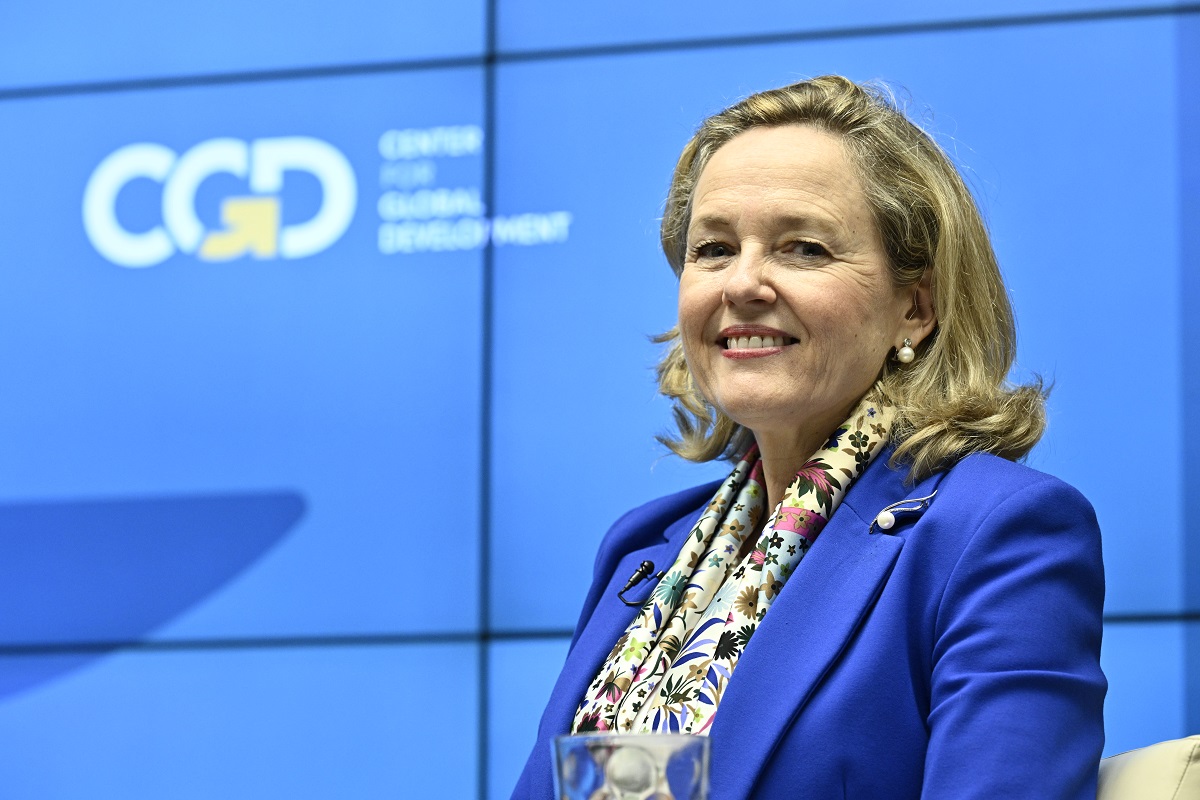Recommended
On 13th December, CGD’s Ian Mitchell spoke to the International Development Committee on the significant and rising share of UK aid spent being within the UK, particularly to support refugees and asylum seekers (known as “in-donor refugee costs” or IDRC). Whilst OECD rules permit these costs to be counted as Official Development Assistance (ODA), they push the limits of its definition, which requires the economic development and welfare of developing countries to be the main objective of spending.
Ian highlighted two key issues. First, given the structure of the OECD Development Assistance Committee (DAC) which defines ODA, it is less surprising that IDRC spend has become ODA-eligible. “If you set the rules by having a committee entirely made up of providers, with no recipients in it, over time the definition is eroded.” Second, the UK counting IDRC spend as ODA has become problematic mainly due to its interaction with another policy choice: the decision to treat the ODA target as a fixed ceiling. It is setting a maximum to the UK ODA budget, as well as counting IDRC spend as ODA, which has created a situation which means cuts to other ("real") aid spending is unavoidable.
Ian also supplied the committee with his projections that UK IDRC ODA could rise to £3bn in 2022, and £2.7bn in 2023. The additional resources made available by the Treasury to cover these costs will be insufficient to prevent further cuts to other aid spending, he said. He also made clear that the rise in the UK’s total IDRC ODA spend is not only due to a greater number of refugees and asylum seekers arriving, it is also due to a rising spend per recipient. For example, written evidence also supplied to the Committee shows that the IDRC ODA spent per person-year of support provided to asylum seekers has tripled between 2019 and 2021, mainly due to increasing food and shelter costs. It will be interesting to watch how government spending for Ukrainian refugees is counted as ODA, said Ian, since their accommodation costs are expected to be lower than for other refugees and asylum seekers.
Also speaking was CGD Non-Resident Fellow, former DFID Chief Economist and current Professor of Economic Policy at the Blavatnik School of Government and the Economics Department, University of Oxford, Stefan Dercon.
View the full session here.
Rights & Permissions
You may use and disseminate CGD’s publications under these conditions.







